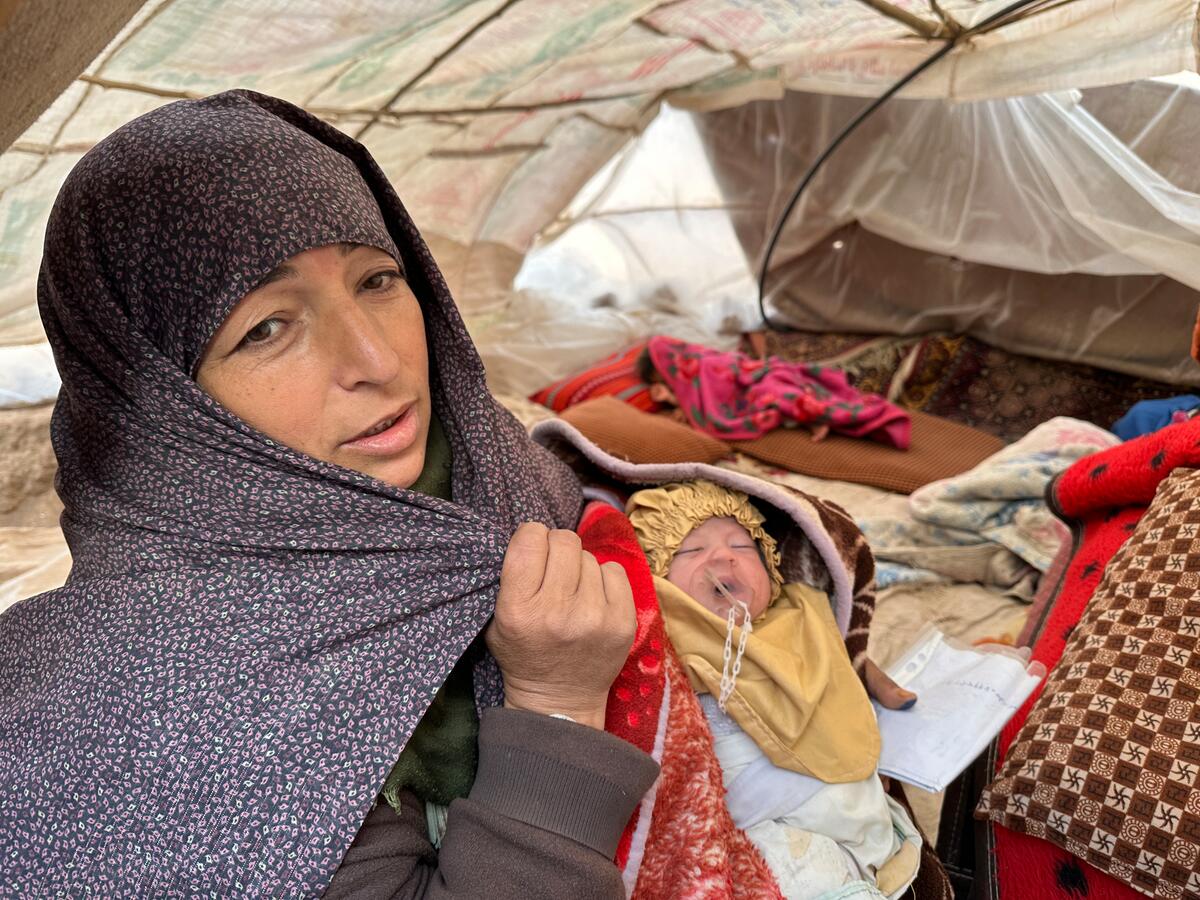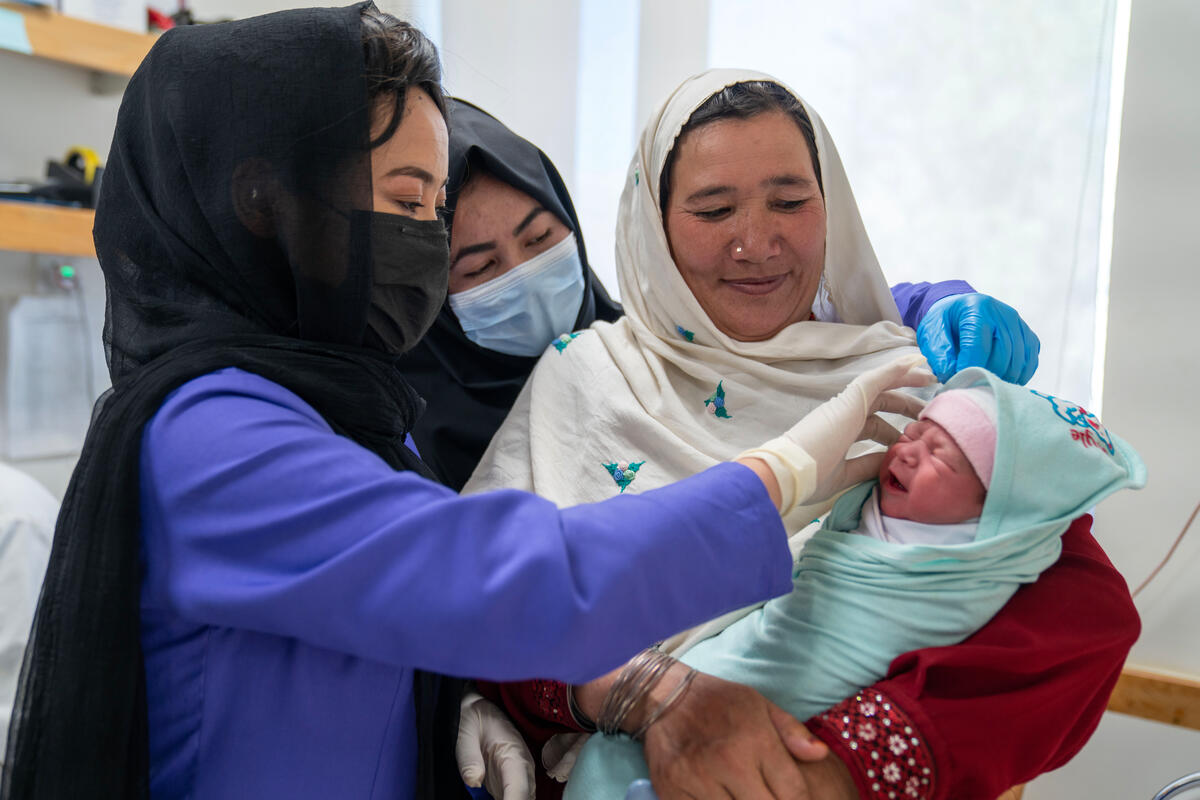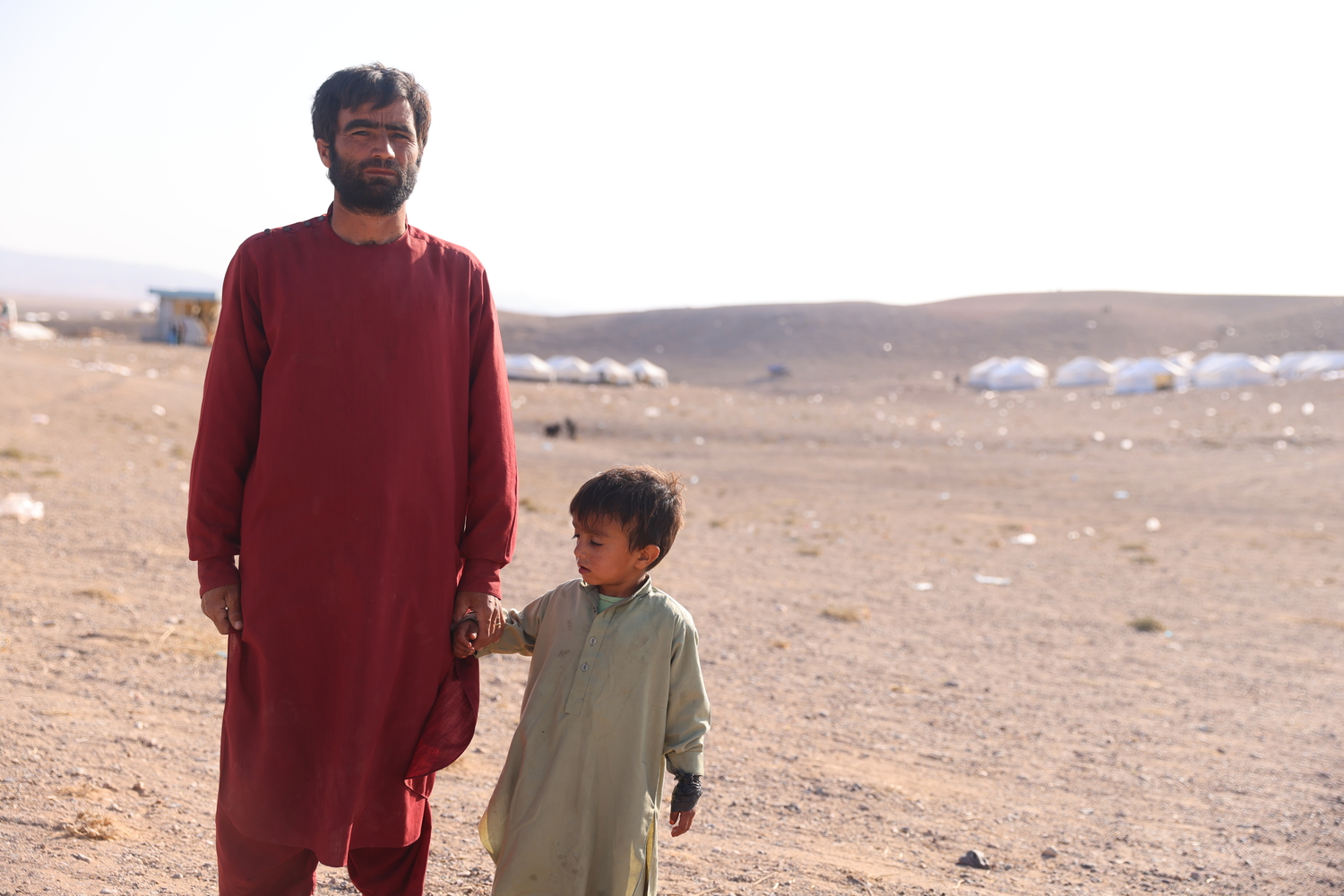Afghanistan Humanitarian Update No. 2
Afghanistan Humanitarian Update No. 2
Population Movements
According to various sources, population movements out of Afghanistan's principal cities of Kabul and Kandahar are continuing, with residents leaving mainly for surrounding rural areas. However, transportation is now reportedly difficult to obtain. Over the past days, tens of thousands of people have been on the move, mainly travelling from cities into rural areas of the mountainous country.
The number of Afghans leaving Kabul and Jalalabad towards the Pakistan frontier is reportedly decreasing. UNHCR staff report that new Taliban checkpoints have sprung up along the road from Jalalabad to the Torkham border crossing with Pakistan. Taliban guards are reportedly allowing only Afghans bearing passports to reach the frontier, which severely limits the movements of people into Pakistan.
In Afghanistan's western city of Herat, the atmosphere is tense and residents are reportedly confused about developments in the country, where people are so impoverished that even radios and batteries are in short supply, and where television is banned. The some 200,000 displaced Afghans living in six temporary camps around Herat appear to be staying in place. These Afghans are among the poorest of the some 3 million who have been surviving on UN aid over the past year across war- and drought-ravaged Afghanistan.
Borders
The borders with all six countries neighbouring Afghanistan remain more or less closed. UNHCR is in discussions with the neighbouring states and looking into possible options depending on how the situation develops.
UNHCR was informed by Pakistan's government on Monday that 5,000 Afghans are at the Chaman border crossing near the provincial capital of Quetta. UNHCR is holding discussions with the Pakistan authorities and hopes the Afghans will be allowed in. UNHCR is asking the authorities to allow any new arrivals to be sheltered in existing camps, where adequate water and other facilities can be quickly established.
Humanitarian Situation in Afghanistan
The UN World Food Programme (WFP) says it has enough food left in Afghanistan for two to three weeks. WFP local staff, who have remained in Afghanistan, continue to distribute food, focusing primarily on internally displaced people in the camps. The distribution, however, is hampered by logistical problems and the departure from Afghanistan of non-governmental organization staff who normally work with WFP on food distribution. The food stocks cannot be replenished, since trucking companies are unwilling to transport food to Afghanistan. A total of 3.8 million people in Afghanistan depend on WFP food.
There are also reports from Kabul that some food commodities are becoming even more scarce than usual as residents purchase available remaining stocks.
UNHCR Actions / Contingency Plans
UNHCR has sent several experienced emergency managers to Pakistan, where emergency planning meetings are underway this week. UNHCR has more than 500 staff in Afghanistan and five key neighbouring countries - Pakistan, Iran, Tajikistan, Uzbekistan, and Turkmenistan.
As an emergency measure, UNHCR has sent 2,000 tents to Quetta from its stocks in Peshawar. UNHCR has a total of 9,300 tents in stock in Pakistan, enough for more than 50,000 people. Pakistan is one of the major producers of tents and blankets for UNHCR operations worldwide. UNHCR has existing arrangements with tent suppliers in Pakistan, and if donors provide sufficient funding, additional tents can be ordered.
High Commissioner Lubbers in U.S.
UN High Commissioner for Refugees Ruud Lubbers is currently in the United States, and is expected to meet with U.S. officials in Washington today. Referring to last week's tragic events in the U.S., Lubbers said yesterday, "A convincing reaction to what happened is needed," but it is also "important to be aware of the plight of the Afghan people and give weight to the humanitarian consequences."
Afghanistan, embroiled in civil war for over 20 years and currently facing a devastating drought, is already suffering one of the world's most serious humanitarian crises, and has produced millions of displaced people and refugees.








